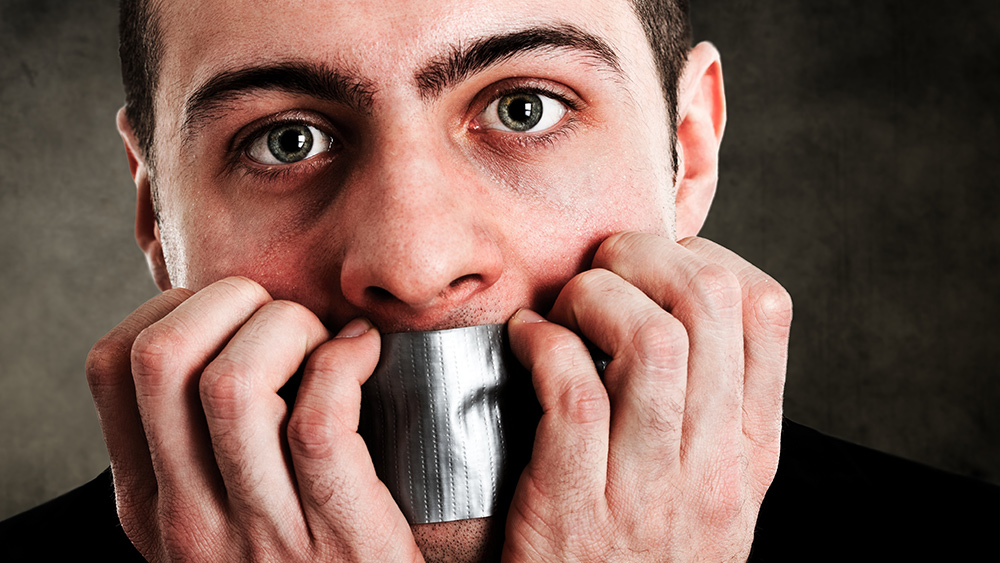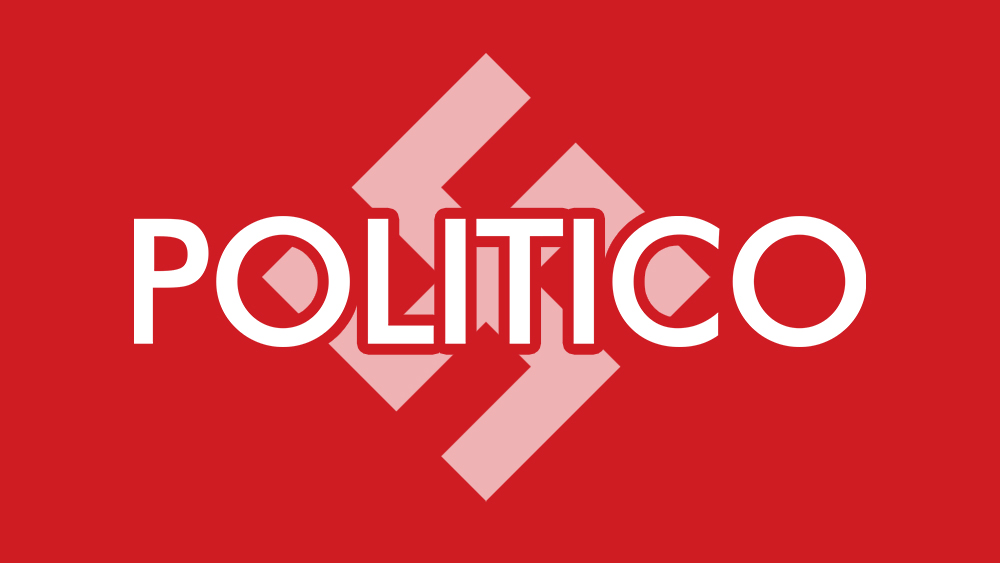DOUBLE STANDARD: Australian government is not required to abide by its own “misinformation” law
10/30/2023 / By Richard Brown

Australian Prime Minister Anthony Albanese administration’s latest legislative push, aimed at addressing “false” content on social media platforms, has ignited a fierce debate over its potential impact on free speech. However, what has been particularly contentious is the notable exclusion within this proposed crackdown – the government itself, which is advocating for the new regulations.
This exemption that allows government messages to circumvent these stringent rules came under scrutiny by Australian Capital Territory Sen. David Pocock, an independent. He raised a valid point by questioning why government communications should be shielded from scrutiny, while content from other entities would be subject to rigorous examination.
To many observers, this exemption appears to be a glaring double standard, granting the government a level of immunity from the very accountability they aim to impose on others. Pocock expressed his skepticism, noting that such an exemption would likely fail the “pub test” when the laws are eventually introduced.
Assistant Minister for Infrastructure Carol Brown swiftly came to the defense of the exemption, emphasizing that its primary purpose is to prevent inadvertent removal of critical emergency communications from the government by social media platforms.
Special Minister of State Don Farrell, who oversees electoral matters, acknowledged the complexity of the issue. “It’s a challenging topic,” he conceded. Striking the right balance between safeguarding free speech and combatting misinformation is undeniably a delicate task.
Farrell emphasized: “We don’t want to stifle free speech in this country, and we do want people to have the ability to express their views, even if those views may seem unconventional to some.” (Related: SPEECH POLICE? Australian parliament calls on intelligence agencies to tackle online “misinformation” that they claim endangers the country’s “national security.”)
What does Australia’s “misinformation” law entail?
The government aims to amend the Broadcasting Services Act of 1992, empowering the Australian Communications and Media Authority (ACMA) to play a more significant role in regulating digital platforms concerning content that is deemed false, misleading, deceptive and likely to cause serious harm.
According to Communications Minister Michelle Rowland, ACMA will gain new information-gathering and record-keeping powers to enhance transparency in the efforts of digital platforms to combat misinformation and disinformation, all while preserving the fundamental democratic right to freedom of expression.
Notably, the bill does not grant ACMA “take down” powers, meaning it cannot unilaterally order the removal of content. Instead, when concerns are raised, ACMA can inquire about a platform’s self-regulation processes, taking further steps only if these processes are deemed inadequate, such as imposing penalties or enforcing a mandatory code of conduct.
The legislation outlines a graduated approach, allowing platforms every opportunity to address concerns before more severe measures are taken.
Concerns about the legislation extend beyond political lines.
The Human Rights Commission and the Australian Law Council have expressed reservations, primarily regarding the broad definitions of disinformation and misinformation in the bill. The bill defines content as misinformation if it is “false, misleading or deceptive” and likely to cause harm. Disinformation includes a similar definition but adds the element of intent to deceive.
However, exemptions exist for content classified as entertainment, parody, satire, professional news organization content, educational institution material or content approved by government authorities.
The Media, Entertainment and Arts Alliance has raised concerns about the vagueness of the definition of “serious harm” and the criteria for a “professional” journalist. The final definitions of “misinformation” and “disinformation” remain uncertain.
The exposure draft is subject to change through consultation and is unlikely to be identical to the bill introduced to parliament. Notably, this bill does not grant the power to force social media platforms or users to remove content. It encourages dialogue between ACMA and platforms, with a focus on strengthening self-imposed codes of conduct.
It’s essential to distinguish between freedom of speech and the right to have voices amplified by platforms. The legislation is part of a broader effort to combat harmful disinformation and misinformation online, following promises made during the 2022 election campaign.
Watch Mike Martins talk about internet censorship sweeping the globe.
This video is from the Mike Martins Channel on Brighteon.com.
More related stories:
Online censorship is killing free thought and ushering in period of left-wing tyranny: Matt Taibbi.
Sources include:
Submit a correction >>
Tagged Under:
Australia, big government, Censorship, conspiracy, cyber war, disinfo, double standard, fascism, freedom, government overreach, insanity, left cult, Liberty, national security, online misinformation, police state, propaganda, speech police, Tyranny
This article may contain statements that reflect the opinion of the author
RECENT NEWS & ARTICLES
COPYRIGHT © 2017 DISINFO NEWS


















